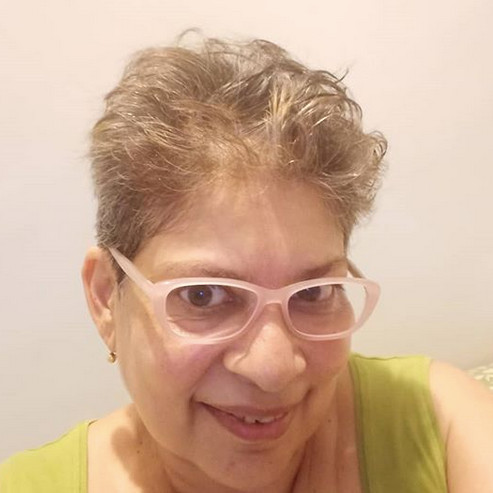EngageMedia: Digital Rights Camp in Southeast Asia
In October 2017, 105 journalists, artists, technologists, researchers, and film-makers gathered in Yogyakarta, Indonesia, for “Coconet: A Southeast Asia Digital Rights Camp”. It was organised by EngageMedia, in collaboration with APC, the Southeast Asian Press Alliance (SEAPA) and a regional consortium. Coconet, named after the coconut plant that is widely grown and used in the Southeast Asian region, also means “Connecting Communities and Networks”. Participants converged from across Asia and beyond to share their knowledge, skills, tools, experiences and ideas about digital rights in a series of open-space workshops, labs and evening activities. Inspired by the discussions and newly set up relationships at Coconet, participants created a thriving network for sharing opportunities and knowledge. These collaborations and the sense of community are needed now more than ever. Civil society actors find themselves in an online environment increasingly full of risks, and despite substantial efforts, these issues remain little known or appreciated amongst the general public. We believe that the networks and relationships established at Coconet are essential to strengthening the digital rights movement, especially in Southeast Asia.
APC granted EngageMedia the funds to host a pre-camp meeting to bring together the coalition of organisations that hosted the camp. During the two-day meeting, held in Indonesia in 2016, the partner organisations identified relevant issues in Southeast Asia that the camp would focus on, and identified the organisations, networks and individuals to be invited to the camp as a way of working together collaboratively.
In October 2019, EngageMedia and APC co-convened a second edition of the camp, designed in coordination with a consortium of partners, including fellow APC member organisation Thai Netizen Network. Coconet II built on the momentum and strong culture developed at Coconet I, expanding the space for new changemakers: activists, journalists, artists, technologists, film-makers, lawyers and researchers, who represent a wide variety of social and environmental movements. Over 120 changemakers from 22 countries converged in Antipolo, Philippines, to discuss and share their knowledge on digital rights, exchange tactics and skills, and plan joint campaigns and collaborations to strengthen their respective movements as well as support broader ones.
The camp launched various campaigns, as well as more than 20 collaborations on various topics, including digital safety, open technology, AI, internet censorship, creative campaigning, and building a feminist internet. Most importantly, Coconet II launched Coconet as an active network of changemakers. In this network are spaces and activities for collaboration, campaigns, and advocacy. These spaces range from chat groups for daily coordination and debate, to the Coconet.social website that serves as a regional hub for digital rights activism. EngageMedia and APC, in coordination with Coconet participants, continue to support and build these platforms to sustain and grow digital rights movements across the region.
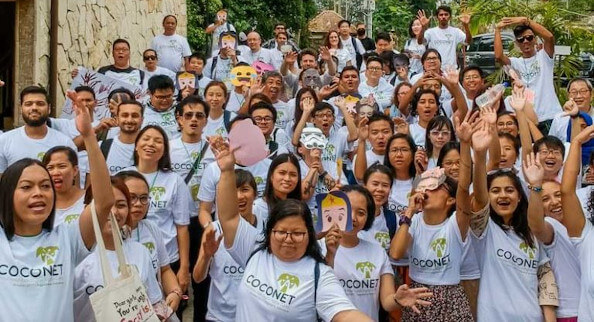
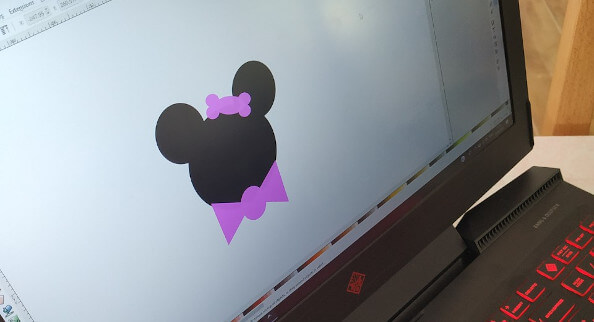
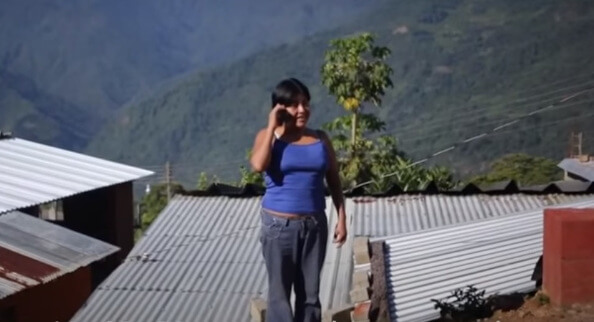
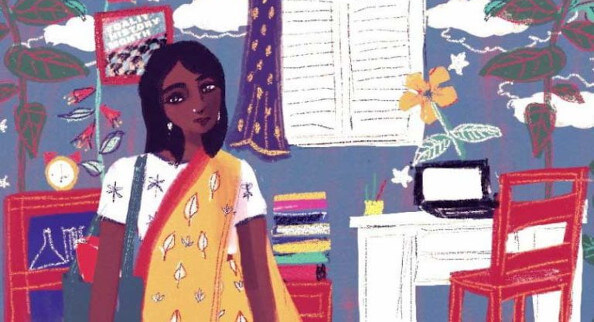
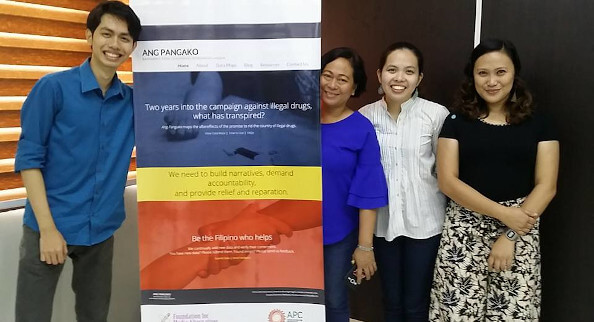
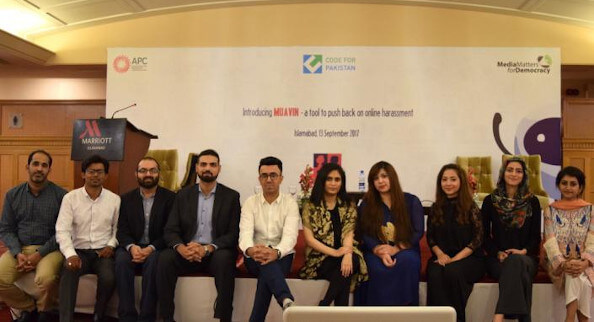
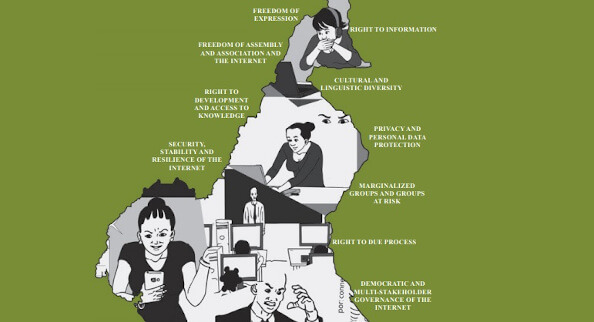
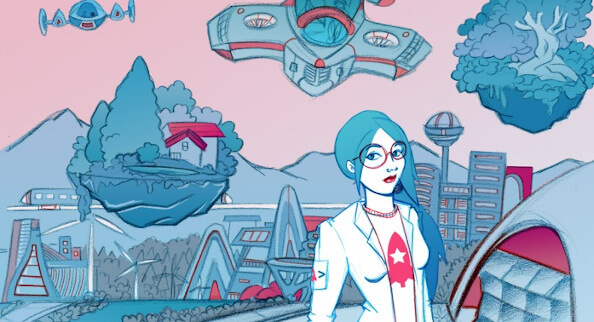
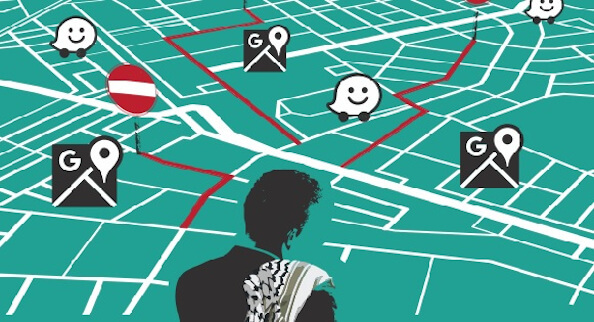
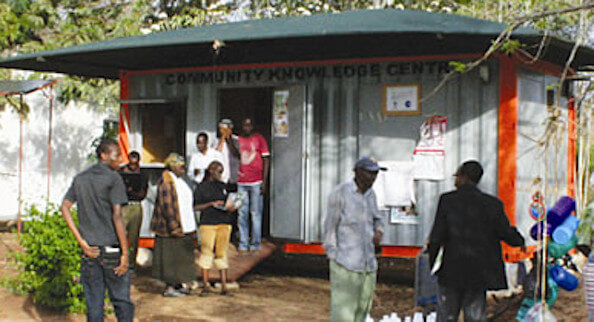
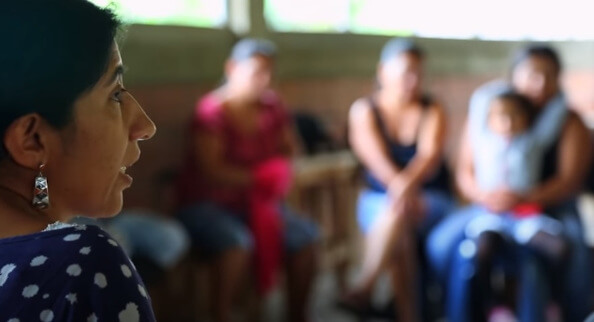
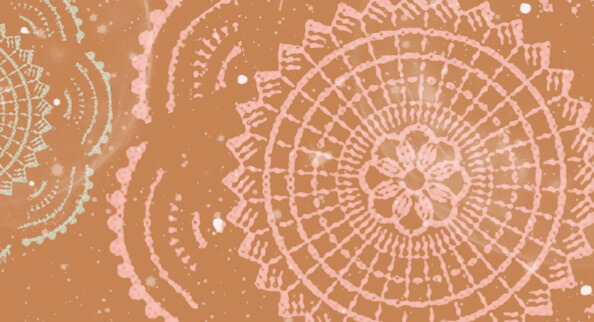
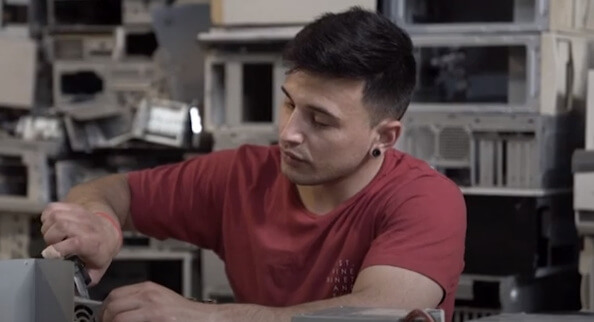
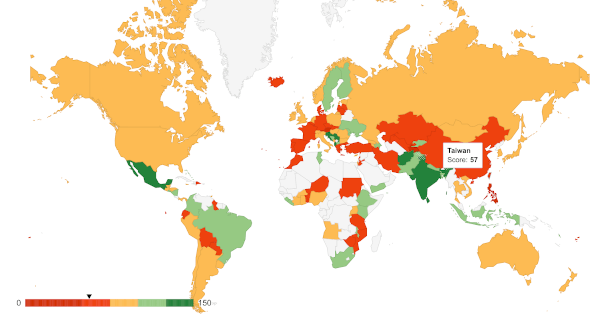
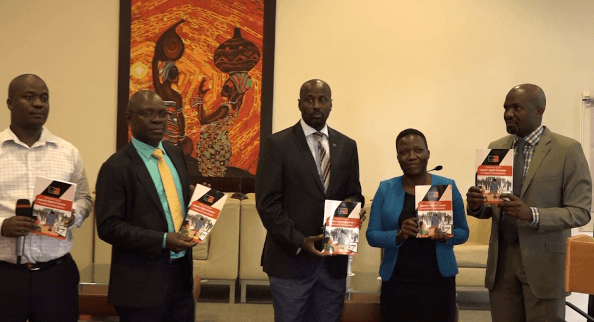
 Organizational members
Organizational members
 Individual members
Individual members
